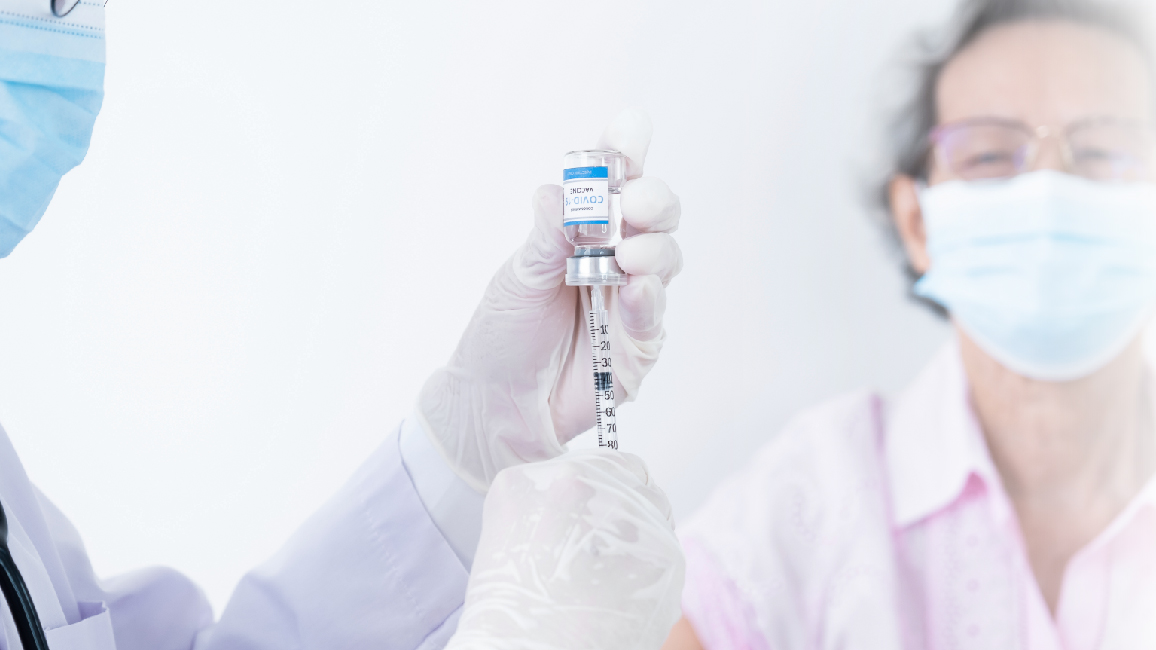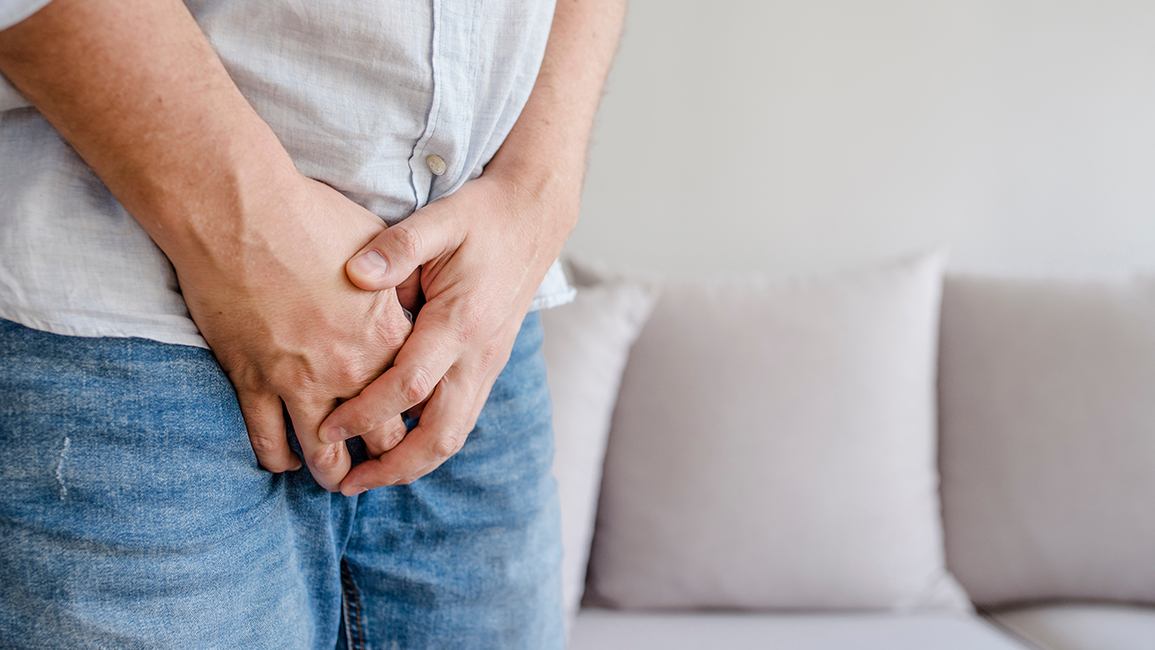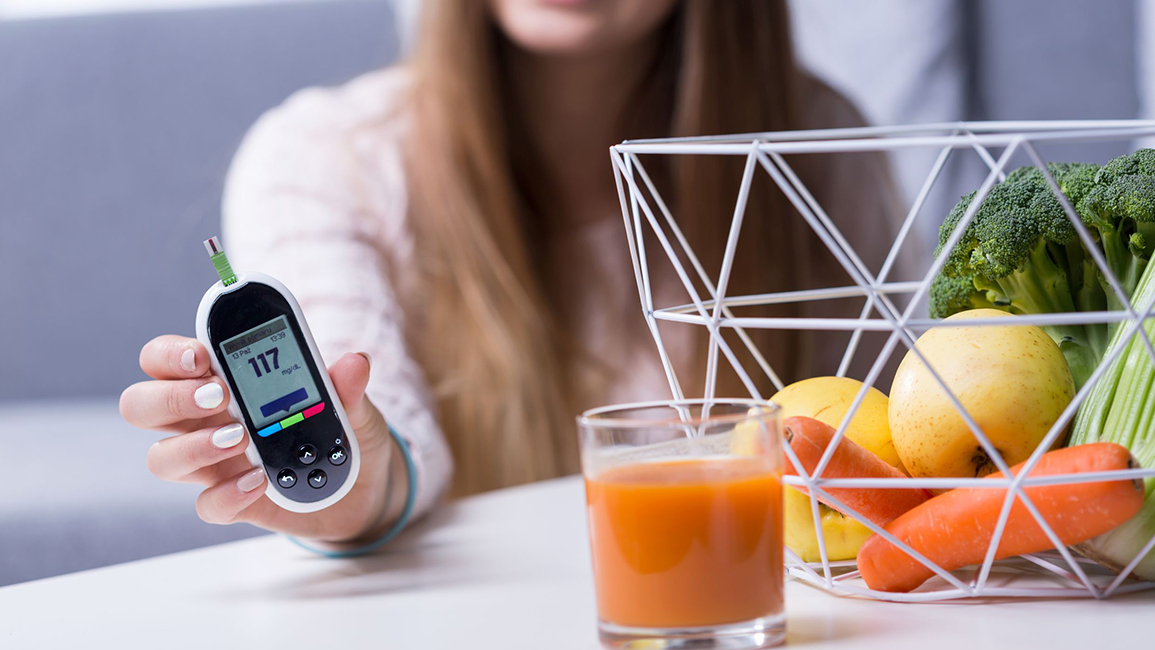Hypertension
Center : Internal Medicine Center
.jpg)
Hypertension occurs when having systolic blood pressure higher than 140 Mm Hg or diastolic blood pressure higher than 90 mm Hg. It may be hereditary. In the initial stage, hypertension does not show symptom. However, during 5-10 years, various symptoms will occur. Therefore, hypertension is considered as a "silent killer" that will slowly deteriorate health. Patients with hypertension will be risk of stroke, paresis, paralysis, renal deteriorate and heart disease, 3-6 times higher than normal.
The negative effects of hypertension
- Negative effects on capillaries: This causes the capillaries throughout the body to be stiff, broken and harden. If this occur in the brain, it will lead to paralyze and paresis. It also causes dizziness especially when changing postures or getting up quickly or when turning the head back and forth, it may feel like the house is turning, fainting and may have a headache. If the blood pressure is higher than 200 mm Hg, may feel abnormally sleepy. Most headaches occur after waking up in the morning.
- Negative effects on the heart and major vessels: Patient often has difficulty in breathing, tired easily, sometimes cough after lying down and chest pain may occur. These symptoms may occur all the time or after doing a lot of work. In addition, the major vessels in the heart, chest and abdomen will deteriorate due to the compressive pressure from the continuous of hypertension. This may cause the major vessels in the chest and stomach to break resulting in internal bleeding leads to sudden death.
- Negative effects on the kidneys: hypertension damages renal vessels in the kidneys if hypertension occurs long may result in kidney failure. The kidneys shrink and eventually cause urinary retention and nausea due to accumulation of waste in the blood.
- Negative effects on the eyes: hypertension can cause occlusion in retinal blood vessels resulting in lacking of blood supply to the retina. Patient will experience blurred vision leading to blindness and may cause cataracts.
Hypertension medication
There are many types of hypertension medications. Each patient may be suitable with different drugs. Therefore, patient should not take other people's medication without consulting a doctor. Taking hypertension medications may have side effects such as redness on face and body, hot flushes, swollen legs, dizziness or drowsiness, wheezing, coughing or abnormal penile erection. Patients should inform the doctor for the changing of medication. When side effects occur, the doctor will change the medicine to another group. Therefore, patients should communicate with the doctor for correct treatment. Patients with other chronic diseases, such as diabetes, high cholesterol, ischemic heart disease, etc, should be screened for blood sugar and cholesterol levels, chest X-ray, electrocardiogram and urinalysis. The tests should be done periodically and strictly monitored.
Treatment
- Maintain the weight to be at the normal level. By losing weight 10 kg will reduce the pressure by 6 mm Hg.
- Reduce stress and anxiety, rest and exercise moderately.
- If having hypertension, hypertension drugs should be used. Medications treatment required medication and monitoring of blood pressure to adjust the medication dosage. The dosage may not remain the same, there may be some adjustment by increasing or decreasing the dosage or using more than one type of medicine, this will be determined at the discretion of the attending doctor. The blood pressure of patient who receive medication will return to normal.
- Medication should be taken continuously in order to control the blood pressure. Some patients misunderstand that after taking medication and blood pressure return to normal, the medications can be stopped. Stopping the medication will cause the blood pressure to gradually rise back as before the treatment because the hypertension drug has short effect. Most of them have no effect longer than 1 day, therefore, it must be taken to reduce the risk of complications.
Guidelines for hypertension patients
- Exercise regularly but not the ones require a lot of energy, such as lifting weights, push-ups and sit-ups.
- If having to lose weight, the optimal weight is by -100 from the actual height. For example, a height of 160-100 will get a suitable weight of 60 kg.
- Eat foods that are not too salty, reduce or abstain from foods that contain a lot of salt, monosodium glutamate, baking powder, instant food and canned foods that are salty.
- Reduce fried foods and food that are high in fat, such as stew pork leg with rice, chicken rice and fried food etc.
- People who are taking diuretics should eat foods that are high in potassium such as raisins, bananas, tomatoes (raw), fresh milk, oranges and prunes.
- Avoid drinking liquor, beer and wine, because it will increase blood pressure.
- Be careful not to get constipated. Drink plenty of water. Eat foods that contain fiber, such as fruits and basil seeds. If constipation is serious, mild laxatives may be prescribed by a doctor.
- Avoid hot showers after exercise because it can cause dizziness.
- After taking hypertension drugs, do not stand or get up too quickly. It may cause dizziness. If the symptoms occur, quickly lie down and raise the legs to increase the blood supply to the brain.
- Avoid doing work that cause stress.
- Take medications as prescribed by the doctor and visit doctor by appointment. If there are abnormal symptoms visit the doctor, do not purchase medication by yourself because some drugs may not be suitable for some patients. Medication must be taken with the measurement of blood pressure as comparison for treatment results. Patients with high blood pressure should continue to receive medication to monitor and prevent the reoccurring.
- If the negative effects occur with the use of hypertension drugs such as coughing, panting, swollen legs, red face, heart palpitations, dizziness, limb weakness, should seek advice to change medication.
- The goal of treatment of hypertension is when the upper blood pressure is between 120-140 mm Hg, the lower blood pressure is between 80-90 mm Hg. Patients who can monitor blood pressure well will reduce the occurrence of complications and the reading of blood pressure will be closed to normal.
Online Consultation
Free of Charge
Article of Internal Medicine Center
What you need to know before, during and after receiving a Covid-19 vaccine





